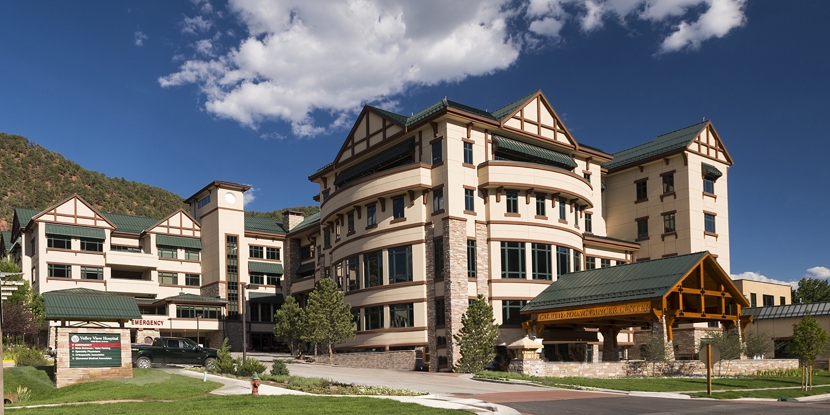Welcome to the
Sleep Medicine Center
Sleep is a necessary component of life. For many people, changes in sleeping patterns or habits can negatively impact health, making it necessary to see a sleep specialist.
Sleep Medicine at Valley View offers a comprehensive, multi-disciplinary approach to sleep. Board Certified Sleep Medicine Physicians, including Pulmonologists, Neurologists, and Registered Polysomnographic Technologists.
Now Offering Monthly PAP Clinics
Conditions
There are many conditions, diseases and disorders that cause sleep disorders. Oftentimes, sleep disorders develop as a result of underlying health problems.
Common symptoms of a sleep disorder include:
- Difficulty falling or staying asleep
- Daytime fatigue
- Strong urge to take naps during the day
- Irritability or anxiety
- Lack of concentration
- Depression
- Loud and frequent snoring
- Pauses in breathing
- Choking or gasping sounds
- Unrefreshing sleep
- Insomnia
- Morning headaches
- Nocturia (frequent urination)
- Difficulty concentrating
- Memory Loss
- Decreased sexual desire
- Irritability
Sleep Medicine at Valley View has the most up-to-date information on sleep disorders and the most current technology available to treat and diagnose all respiratory and non-respiratory-related sleep disorders.
Appointments can be made by visiting a care provider and receiving a referral for our services.
- 970.384.7694 – Sleep medicine for Home Sleep Testing (HST)
- 970.384.7694 – Centralized scheduling for In lab Sleep Testing
Treatment options:
Treatment options vary depending on the specific sleep disorder, but can
include changing sleeping habits, medication, Positive Pressure airway
devices such as CPAP/BiPAP devices, oral airway devices or surgery.

